
Whats New?
- All Posts
- Blog
- Compliance Documentation
- Conflict Minerals
- ESG
- Ethical Sourcing
- Global Regulations
- IMDS
- MSDS/SDS
- News
- Our Expertise home
- PPAP
- PROP 65
- SCIP Compliance
- TSCA
- Uncategorized
- Back
- RoHS
- REACH
- PROP 65
- Conflict Minerals
- IMDS
- Trade Compliance
- TSCA
- EPR
- Global Regulations
- MSDS/SDS
- Ethical Sourcing
- ECHA
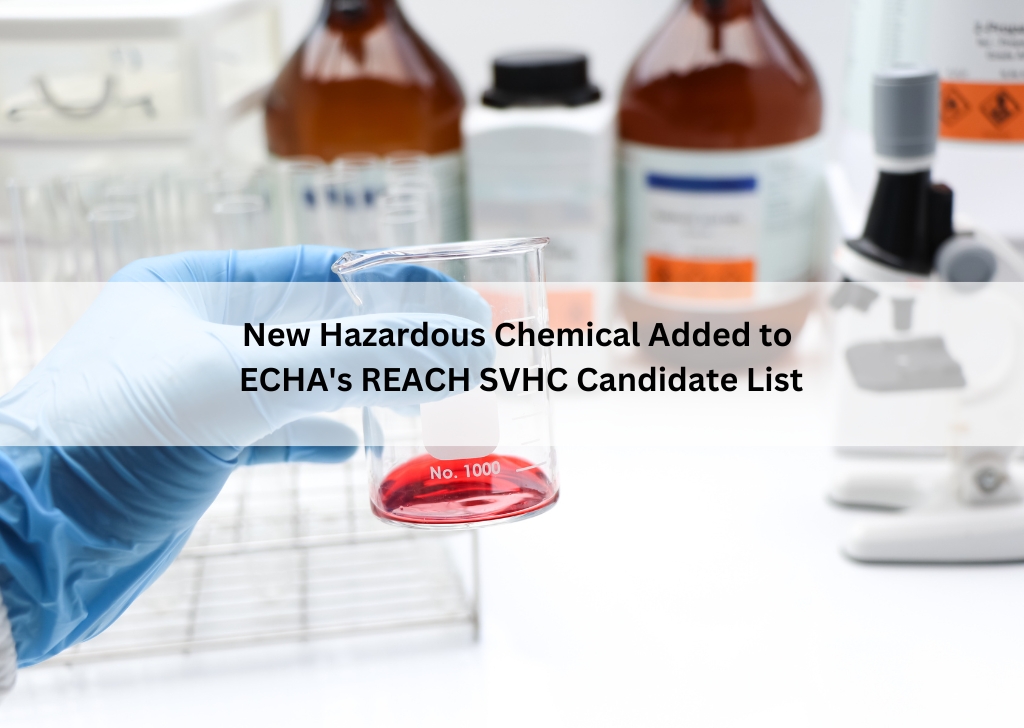
The European Chemicals Agency (ECHA) is a key regulatory body within the European Union, responsible for managing the registration, evaluation, authorization, and restriction of chemicals. It plays a critical role in ensuring that chemicals used in the EU are safe for human health and the environment. ECHA’s work is central…

The Extended Minerals Reporting Template (EMRT), developed by the Responsible Minerals Initiative (RMI), is a standardized tool for companies to collect and report data on minerals used in their supply chains. Like the Conflict Minerals Reporting Template (CMRT), which focuses on the 3TG minerals—Tantalum, Tin, Tungsten, and Gold—the EMRT is…
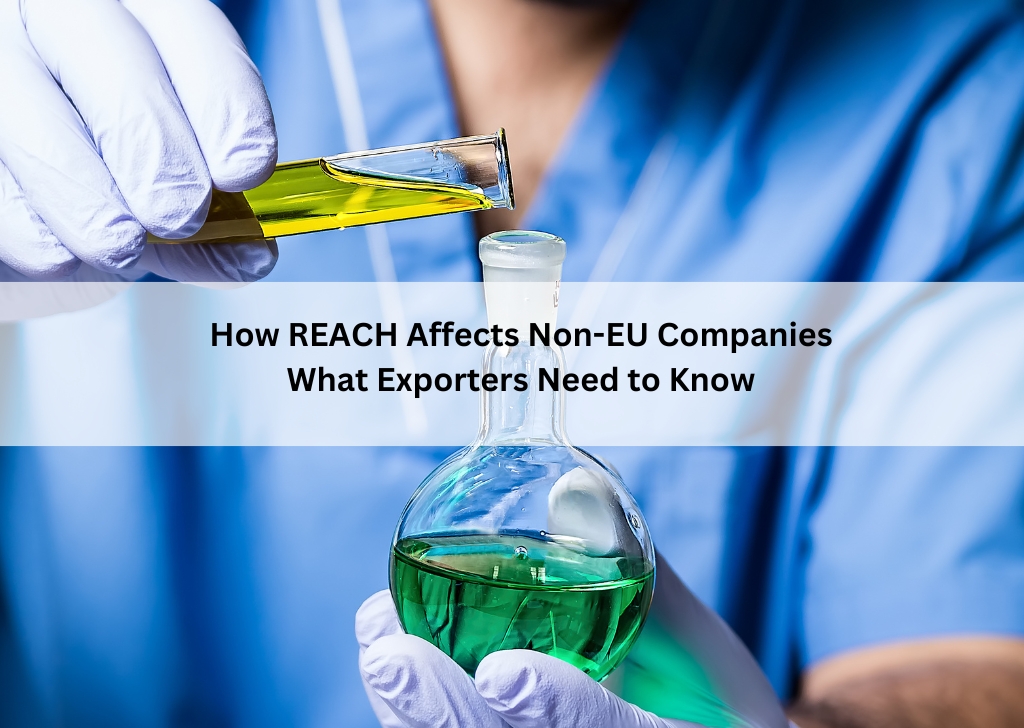
The European Union’s REACH Regulation establishes a rigorous framework to safeguard human health and the environment. For non-EU companies exporting chemical-containing products to the EU, compliance with REACH is mandatory. Failing to meet these requirements can lead to restricted market access, substantial fines, and damage to your reputation. If your…
Upcoming Regulation
- All Posts
- Blog
- Compliance Documentation
- Conflict Minerals
- ESG
- Ethical Sourcing
- Global Regulations
- IMDS
- MSDS/SDS
- News
- Our Expertise home
- PPAP
- PROP 65
- SCIP Compliance
- TSCA
- Uncategorized
- Back
- RoHS
- REACH
- PROP 65
- Conflict Minerals
- IMDS
- Trade Compliance
- TSCA
- EPR
- Global Regulations
- MSDS/SDS
- Ethical Sourcing
- ECHA
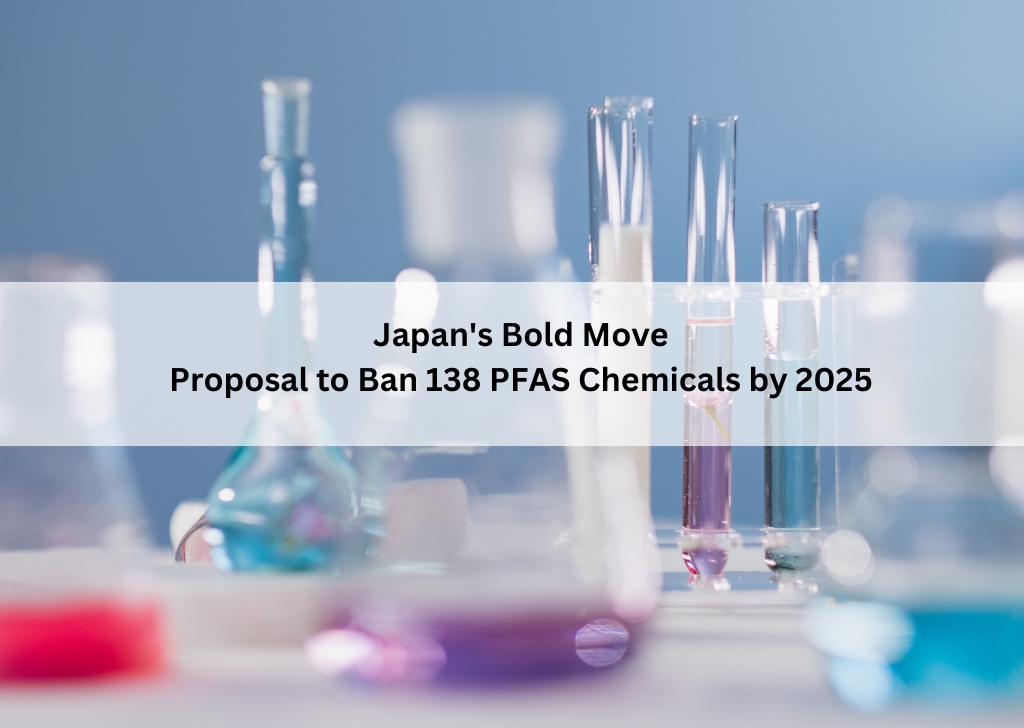
On September 9, 2024, Japan’s Ministry of Health, Labour, and Welfare, alongside the Ministries of Economy, Trade and Industry and the Environment draft proposal that aims at banning 138 Perfluoroalkyl and Polyfluoroalkyl Substances (PFAS). The proposal classifies 138 PFAS compounds as Class I Specified Chemical Substances and aims at complete prohibition…
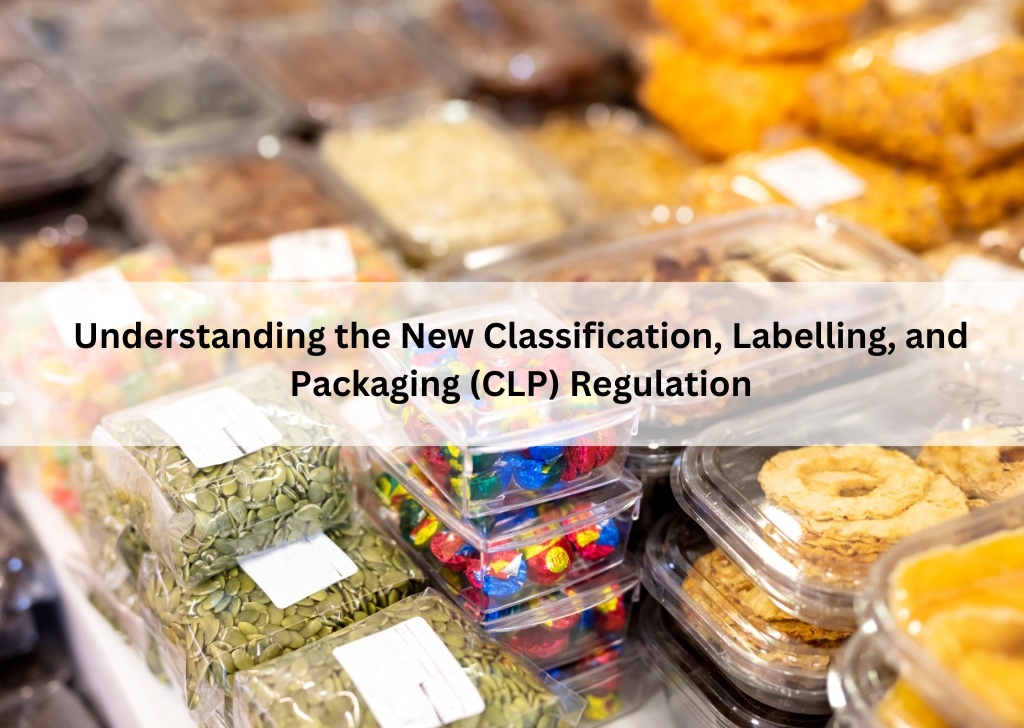
Adapting to evolving regulations is crucial in the realm of chemical safety. The updated guidance on the new Classification, Labelling, and Packaging (CLP) Regulation provides clearer directives and enhanced details to improve chemical hazard communication across industries. This blog breaks down the key updates, their implications, and the steps businesses…
Industry Updates
- All Posts
- Blog
- Compliance Documentation
- Conflict Minerals
- ESG
- Ethical Sourcing
- Global Regulations
- IMDS
- MSDS/SDS
- News
- Our Expertise home
- PPAP
- PROP 65
- SCIP Compliance
- TSCA
- Uncategorized
- Back
- RoHS
- REACH
- PROP 65
- Conflict Minerals
- IMDS
- Trade Compliance
- TSCA
- EPR
- Global Regulations
- MSDS/SDS
- Ethical Sourcing
- ECHA
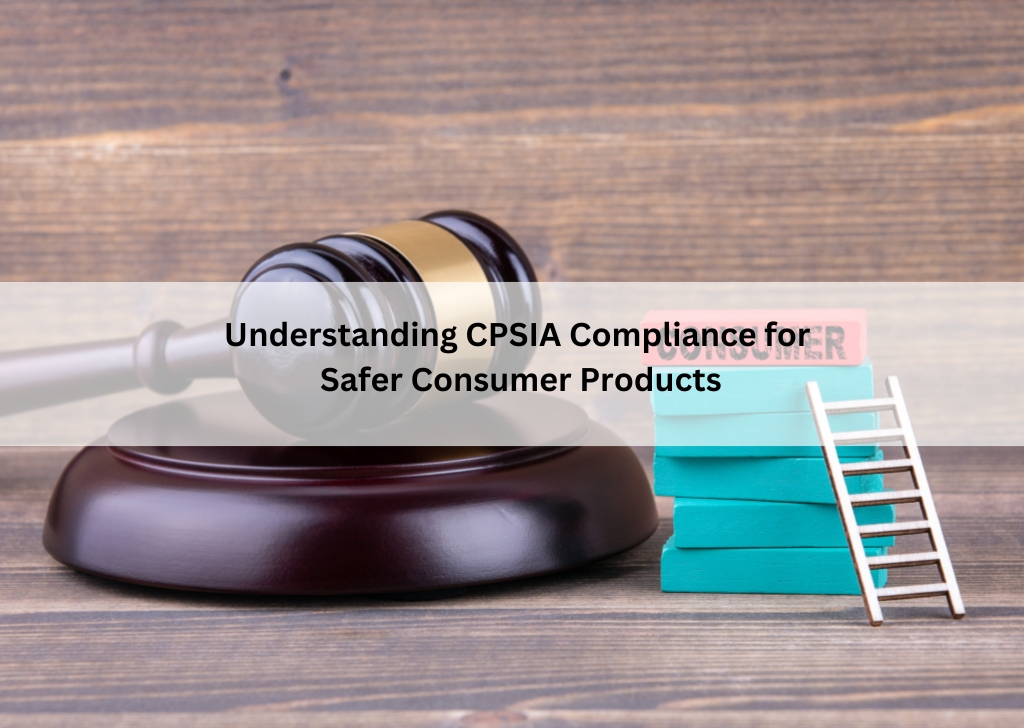
The Consumer Product Safety Improvement Act (CPSIA) aims to enhance consumer safety by requiring products to undergo testing against mandatory safety standards before being sold in the market. This crucial law ensures the protection of public health and well-being by virtually eliminating lead and banning phthalates in consumer products. The…

Each company faces unique compliance challenges. While some struggle to identify their obligations, others find it difficult to determine how to achieve compliance. Many suppliers today are unable to provide the required compliance data, such as certificates of compliance, declarations of conformity, and full material disclosure. Even when such data…